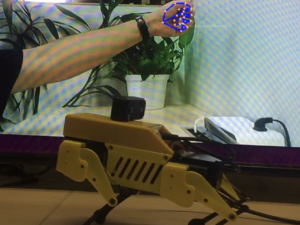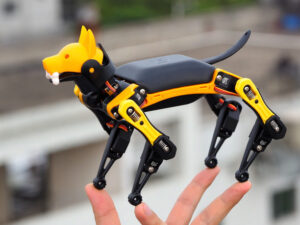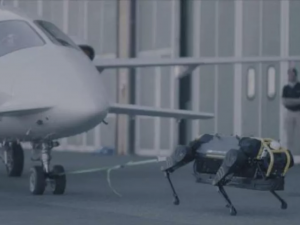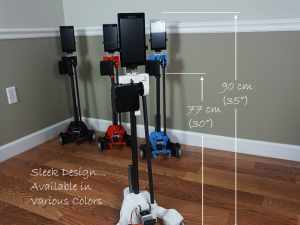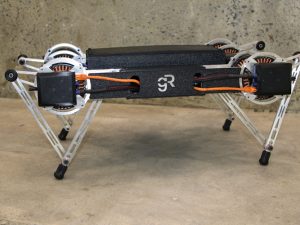The steadily declining bee population has caused concern among many environmental scientists. Without bees, the earth’s very ecosystem could be in peril. Since 2009, however, three scientists have been researching a way to create man-made bees that can potentially take over the job of pollinating plants should the bee population disappear.
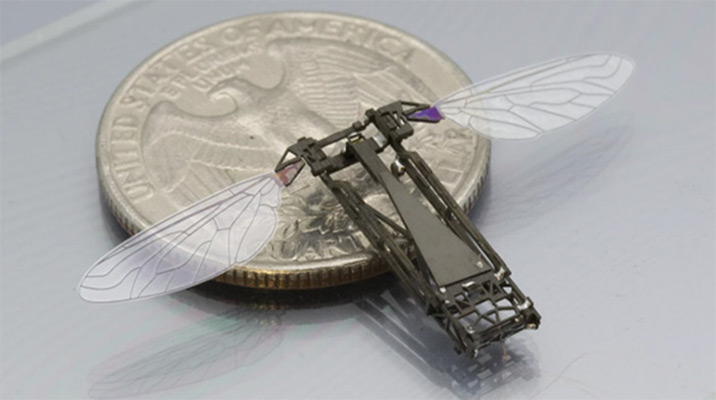
These Robobees, as they are lovingly called, will fly and even behave to some extent like actual bees.
The main features of the Robobee is its ability to pollinate flowers. These tiny robots have a wing span slightly larger than a quarter, making them just small enough to collect and spread pollen from flowers and trees. They pollinate via an appendage at the end of their tiny bodies, which also serves as a docking appendage.
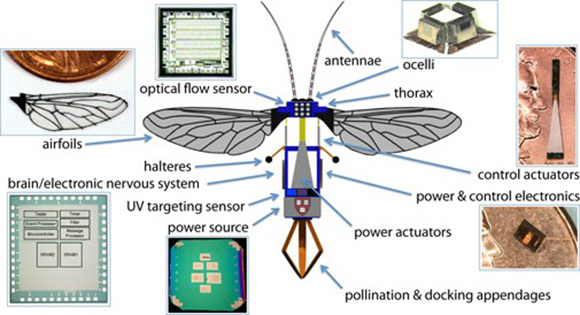
The robot bees move from flower to flower thanks to a series of sensors that inform their nervous system in much the same way that a normal bees eyes and antennas do. The ultimate goal, however is to create an electronic nervous system with dynamic hardware and software that will ultimately control and monitor flight, sense objects such as fellow devices and other objects, and coordinate simple decision-making.
In order to make these robot bees even more realistic, the team also plans to instill these robot bees with colony behavior. All it will take is some developing of sophisticated coordination algorithms, communications methods so that machines can “talk” to each other, and tools to simulate the ways groups of real bees rely upon one another to scout, forage, and plan — sound easy. The colony of Robobees will reside inside a hive , which acts as a refueling station.
There’s plenty of potential uses for the Robobees aside from pollinating the flowers and trees such as military surveillance, search and rescue missions, exploration of hazardous environments, traffic surveillance, and weather and climate mapping. Sadly, these mechanical bee counterparts will not produce honey — not yet at least.

